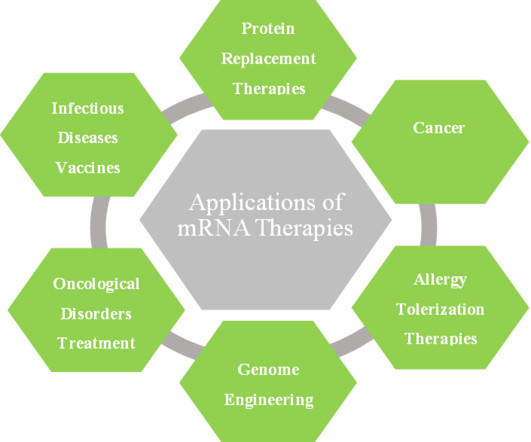Genetically engineered T cells could lead to therapies for autoimmune diseases
Scienmag
DECEMBER 3, 2020
A new study has found that a novel T cell genetically engineered by University of Arizona Health Sciences researchers is able to target and attack pathogenic T cells that cause Type 1 diabetes, which could lead to new immunotherapy treatments.











Let's personalize your content